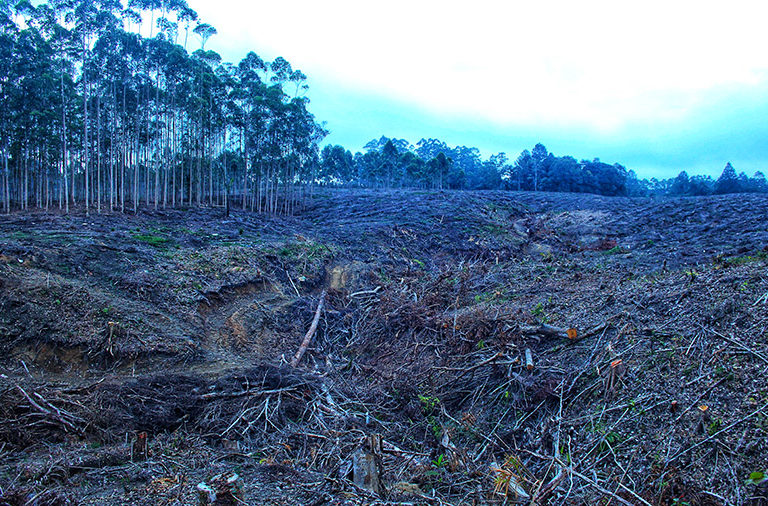In May of last year federal agents raided Gibson Guitar headquarters in Nashville, Tennessee after they received information that the guitar-giant was using illegally logged rosewood from Madagascar in the construction of their musical instruments. The scandal forced Gibson’s CEO to take a leave of absence as a member of Rainforest Alliance.
As the Gibson Guitar case shows, US manufacturers should be increasingly aware of where they are getting their wood from. Tomorrow, April 1st, 2010, marks the beginning of US enforcement for basic transparency requirements under the Lacey Act for guitars, revolvers, hand tools, pool cue, and certain furniture. This requires manufacturers of such items to declare basic information about where their wood comes from and how it is sourced.
“The declaration requirement of the Lacey Act is a critically important part of achieving greater supply chain transparency and legality, the over-arching goals set forth by Lacey,” said Alexander von Bismarck of the Environmental Investigation Agency (EIA) in a press release.”For the first time, companies are required by law to ask basic questions about their supply chains and understand exactly where their wood comes from.”
Amended in 2008, the US Lacey Act now makes it illegal to trade any illegally logged wood products. Other sectors, including flooring, plywood, sawn timber, and caskets have already been declaring this information to the US government for a year.
The correct declaration forms can be found on the Animal Plant and Health Inspection Service (APHIS) website.
Related articles
Dispelling myths about the US Lacey Act
(01/21/2010) The Environmental Investigation Agency (EIA) has released a document to dispel common myths related to the 2008 amendment to the Lacey Act, which makes it possible for the United States to support efforts to combat illegal logging both abroad and at home.
(11/19/2009) Federal agents from the U.S. Fish and Wildlife Service raided Gibson Guitar’s factory Tuesday afternoon, due to concerns that the company had been using illegally harvested wood from Madagascar, reports the Nashville Post.
Historic US law now extends to illegal logging
(03/11/2009) Enacted in 1900 by William F. McKinley the Lacey Act is the oldest wildlife protection law in the US; for a over a century it has protected animals from being illegally hunted and trafficked. An amendment made last year has now extended the law to protect plants for the first time, making it possible for the US to support efforts abroad and at home to combat illegal logging.














